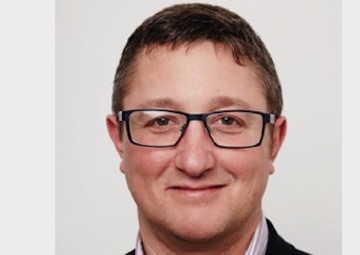Financial Planners were warned this morning that there is new rigour entering the compliance arena for choosing DFM partners.
At a DFM due diligence seminar in London, delegates were cautioned over suitability around risk, saying it is hard to get right and if they’re not careful they could “come a cropper”.
The message came from Eric Armstrong of Synaptic Software Limited, which has a due diligence tool used by 8,000 advisers.
Mr Armstrong told attendees at the event, which was run by the online DFM forum DISCUS, in association with Financial Planning Today, that there are clear challenges in this area.
Most DFMs, he said, in his firm’s experience, have their own processes and approach to risk and their own responsibilities. Therefore, it can be very difficult to have a client overseen by adviser and DFM at the same time, he said.
But he warned that there is new rigour entering the compliance arena, as evidenced by the FCA’s TR16/1 paper. He said the paper, entitled Assessing suitability: Research and due diligence of products and services, talked about encouraging a 'culture of challenge' when undertaking the due diligence process.
Suitability around risk is “hard to get right if they’re not interconnected”, he said, referring to whether the adviser and DFM partner are joined up in their approach to clients’ attitudes about risk and warned if firms failed on this, “they are going to come a cropper”.
He insisted that doing due diligence is “not a one off event” and if firms are “not reviewing and constantly checking” they can fall away from the responsibility of clients and possibility fall short of doing “the best kind of business you can”.
He said successful due diligence depends on having an unfettered view, the quality of the data, effective applications and accurate reporting.
He said: “It’s really about having the right data, (and asking) do they provide the bells and whistles, the idiosyncrasies or whatever it is you require and you want to present to clients?”
It is not “massively difficult” to find that information, he said.
The quality of advice hasn’t been the problem in most cases, he said, but showing the evidence and mapping it out may have been.
He said assessing cost is becoming more and more important.
The event explored the current regulatory position on due diligence, the facts around regulatory statements and relevance to the discretionary investment market, for advisers and providers.

